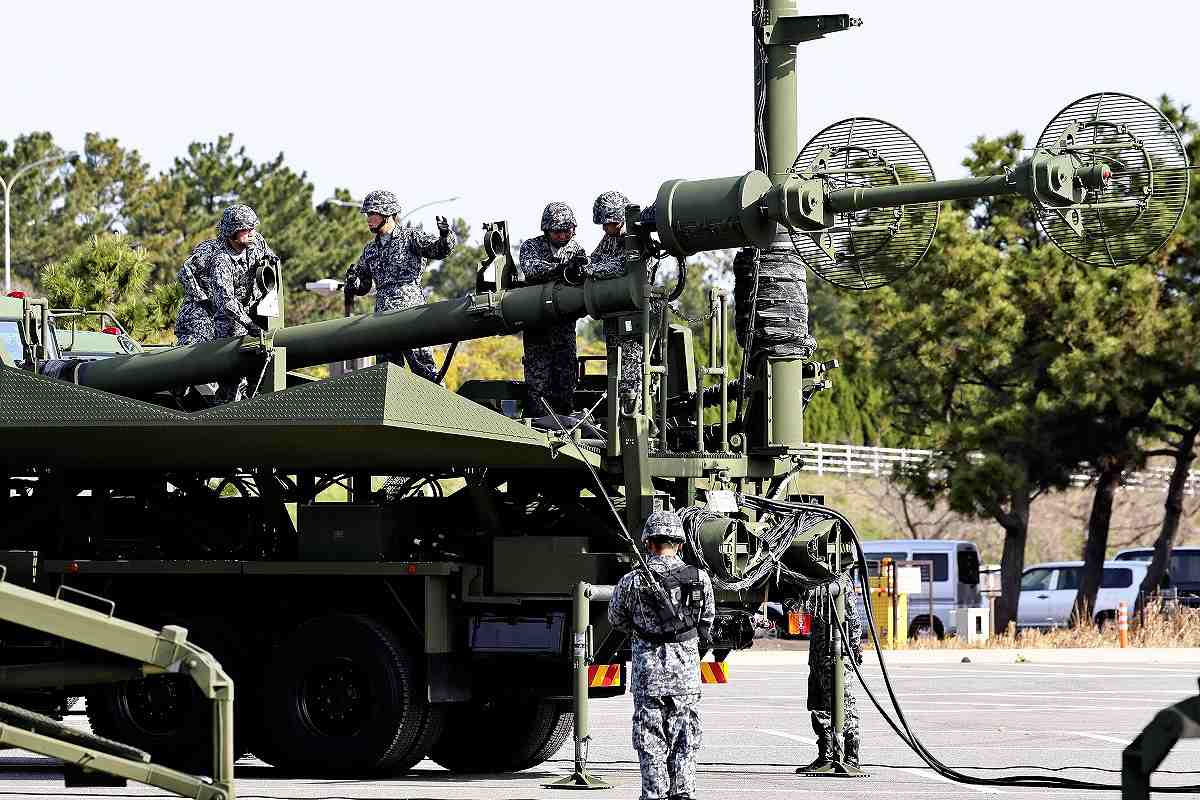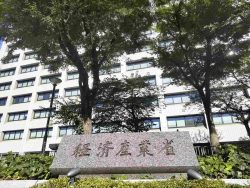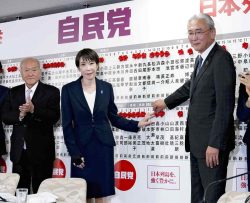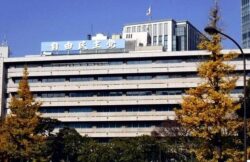Defense Budget Request Tops ¥8 Trillion for 1st Time; Total Requests Expected to Hit Record High of ¥117 Trillion

The Air Self-Defense Force conducts a PAC-3 surface-to-air guided missile deployment drill at a seaside park in Fukuoka on Feb. 28.
14:38 JST, August 31, 2024
Fiscal 2025 was the first year in which Japan’s initial budget request for defense spending exceeded ¥8 trillion, with total requests expected to hit a record high of over ¥117 trillion.
Friday was the deadline for government agencies and ministries to submit their general-account budget requests for the coming fiscal year. The total amount is set to be about ¥3 trillion higher than the figure for fiscal 2024, when the figure hit ¥114.3852 trillion, hitting a record high for the second year in a row. 2025 will be the fourth consecutive year in which the total amount has topped ¥110 trillion.
The Defense Ministry has requested ¥8.5389 trillion for fiscal 2025, up 10.5% from the initial budget for the previous fiscal year. The requested budget includes ¥970 billion for the development of counterattack capabilities against enemy missile bases and ¥103.2 billion for the development and acquisition of unmanned vehicles. Such budgetary requests are based on the Defense Buildup Program, which has called for defense spending of about ¥43 trillion over five years from fiscal 2023, in accordance with the increasingly severe defense environment facing Japan.
The Health, Labor and Welfare Ministry has requested ¥34.2763 trillion, up 1.4% from the previous fiscal year, with an increase in social security expenditures such as pensions and medical care due to the aging of the population.
Government debt expenses, which cover the repayment of national debt in the form of government bonds as well as interest payments, was ¥28.9116 trillion, an increase of nearly ¥2 trillion from the figure in the fiscal 2024 initial budget, which was itself a record high of ¥27.009 trillion. Interest payments climbed by 12.8% to ¥10.932 trillion as the Finance Ministry raised the assumed interest rate, which is used to estimate the cost of interest payments, in response to the rise in market interest rates after the Bank of Japan normalized its monetary policy. The amount of national tax money allocated to local governments also rose by 1.9% to ¥18.1164 trillion.
Many requests for the fiscal 2025 initial budget have not specified concrete amounts. Ministries and agencies are allowed to include broad budget requests for important measures, such as those to address wage hikes and rising prices, without listing specific amounts of money. According to a Yomiuri Shimbun tally, the number of such nonspecific requests has exceeded 70 for the fiscal 2025 initial budget.
The focus going forward will be on budget screenings, which will be conducted toward the end of the year. There is a possibility that the new cabinet to be launched after the Liberal Democratic Party presidential election in late September will formulate new economic measures. With the dissolution of the House of Representatives and a subsequent general election in mind, the ruling camp is likely to increase pressure to boost government spending.
Top Articles in Politics
-

LDP Wins Historic Landslide Victory
-

LDP Wins Landslide Victory, Secures Single-party Majority; Ruling Coalition with JIP Poised to Secure Over 300 seats (UPDATE 1)
-

Japan Tourism Agency Calls for Strengthening Measures Against Overtourism
-

Voters Using AI to Choose Candidates in Japan’s Upcoming General Election; ChatGPT, Other AI Services Found Providing Incorrect Information
-

Japan’s Prime Minister: 2-Year Tax Cut on Food Possible Without Issuing Bonds
JN ACCESS RANKING
-

Japan Institute to Use Domestic Commercial Optical Lattice Clock to Set Japan Standard Time
-

Man Infected with Measles May Have Come in Contact with Many People in Tokyo, Went to Store, Restaurant Around When Symptoms Emerged
-

China Eyes Rare Earth Foothold in Malaysia to Maintain Dominance, Counter Japan, U.S.
-

Israeli Ambassador to Japan Speaks about Japan’s Role in the Reconstruction of Gaza
-

Australian Woman Dies After Mishap on Ski Lift in Nagano Prefecture
























